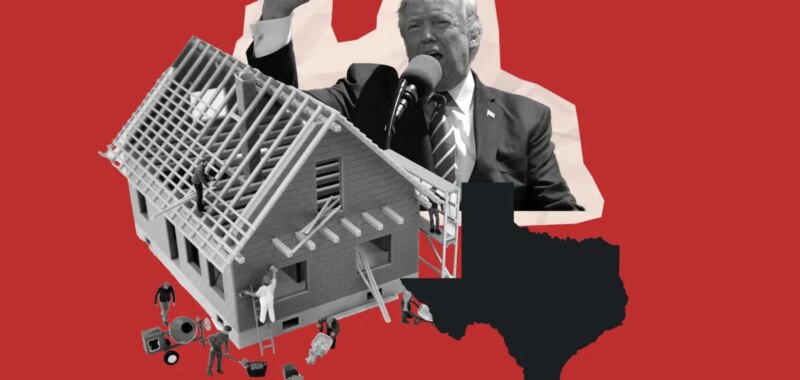Increasing costs for building materials were among the top concerns featured in the survey. About 60% of respondents are worried about the rising costs to build a home, with 30% anticipating significant increases and another 30% foreseeing moderate increases. Some respondents thought otherwise, with 24% expecting no changes and 16% anticipating cost declines.
Trump’s current proposals for tariffs are a likely factor in this line of thinking. The president-elect intends to impose a 10% to 20% tariff on all foreign imports, alongside even higher tariffs for goods imported from China. Industry analysts note that consumers would ultimately bear the brunt of such moves.
Coinciding with tariff concerns, 51% of surveyed real estate agents believe that Trump’s policies will turn foreign investors away from U.S. real estate markets. Is this a new concern? Maybe not, since this follows a preexisting decline of international investments. A report from the National Association of Realtors (NAR) found that foreign investment volume in U.S. existing homes fell 21.2% during the year ending in March 2024. The 54,300 purchases by foreign buyers was the fewest since NAR began tracking the metric in 2009.
Skilled labor shortages were also among the issues feared by real estate agents. According to the survey, 46% believe that skilled labor shortages will emerge. This concern could stem from Trump’s plan to “seal the border” and deport million of immigrants — many of whom are employed in the construction labor force, according to the National Association of Home Builders (NAHB).
Interestingly, 34% of respondents believe there will be a minimal effect on skilled labor. Another 20% say that “the pool of skilled labor will increase, as workers from different regions will be motivated.”
Affordable housing issues are of concern to many respondents as 44% predict a decline in affordable housing — higher than other real estate sectors such as commercial, luxury and mid-range housing. Most respondents attribute this to rising construction costs and reduced government support. But REsimpli also mentions current market conditions — including high mortgage rates and home prices — as contributing factors.
Affordable financing options may also take a hit, according to respondents. REsimpli explained that “28.5% of people expect that securing financing will become much tougher, especially for first-time buyers, and have a negative take on the privatization of Fannie Mae and Freddie Mac.”
“The U.S. housing market stands at a critical juncture, with affordability concerns at historic levels and mortgage rates creating significant barriers to entry,” the report explained. It went on to cite NAR data showing that first-time homebuyers accounted for only 24% of all home purchases between July 2023 and June 2024, the lowest share since 1981.
The presidential inauguration is set for Monday, Jan. 20.

